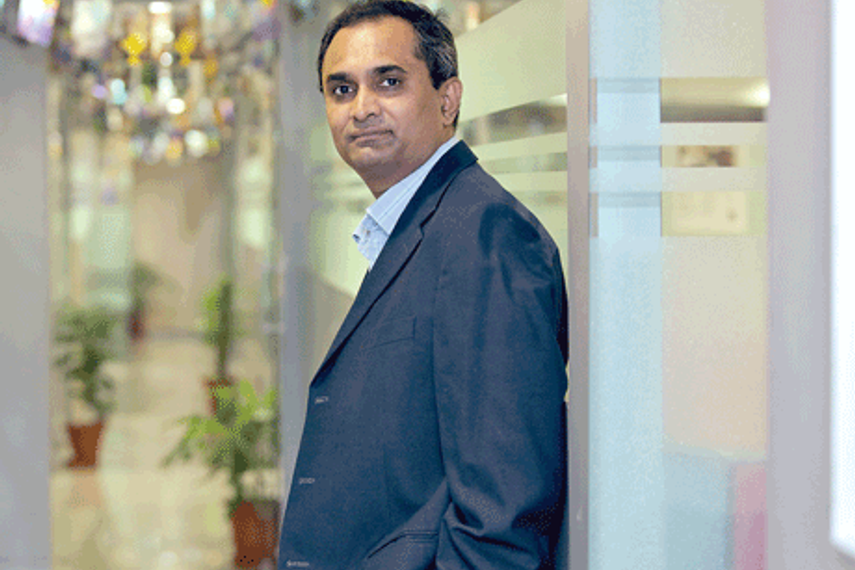
Please sign in or register
Existing users sign in here
Having trouble signing in?
Contact Customer Support at
[email protected]
or call+91 22 69489600
Debraj Tripathy, MD, MediaCom India, recounts his early days - and nights - in the media business. By Arati Rao

Contact Customer Support at
[email protected]
or call+91 22 69489600
Top news, insights and analysis every weekday
Sign up for Campaign Bulletins
CEO speaks about dramatic post-IPG restructure. “I am not foolish enough to work 14 hours a day for a dollar,” he tells Campaign, after giving up salary in favour of stock.
Johnson’s Baby new campaign spotlights India’s neonatal crisis and the power of trained intervention in the first 60 seconds of life.
StayVista has introduced Gram’s, a design-led lifestyle hotel concept built around nostalgia, community and contemporary travel preferences.
The conglomerate has issued a RFP demanding high-scale credentials as it shifts to a digital-heavy, ROI-led model with expanded influencer activity.